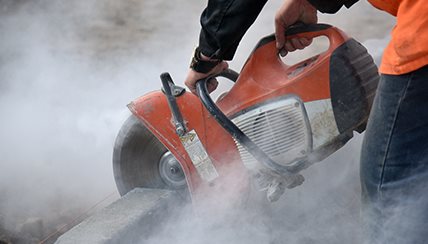Silicosis Registry
Trial Objectives
 This observational study is collecting information on adults who have been exposed to silica dust at their workplace in hopes of better understanding how silica-related diseases progress. Researchers hope to improve treatments and prevention strategies by discovering the individual and workplace risk factors for these diseases.
This observational study is collecting information on adults who have been exposed to silica dust at their workplace in hopes of better understanding how silica-related diseases progress. Researchers hope to improve treatments and prevention strategies by discovering the individual and workplace risk factors for these diseases.



